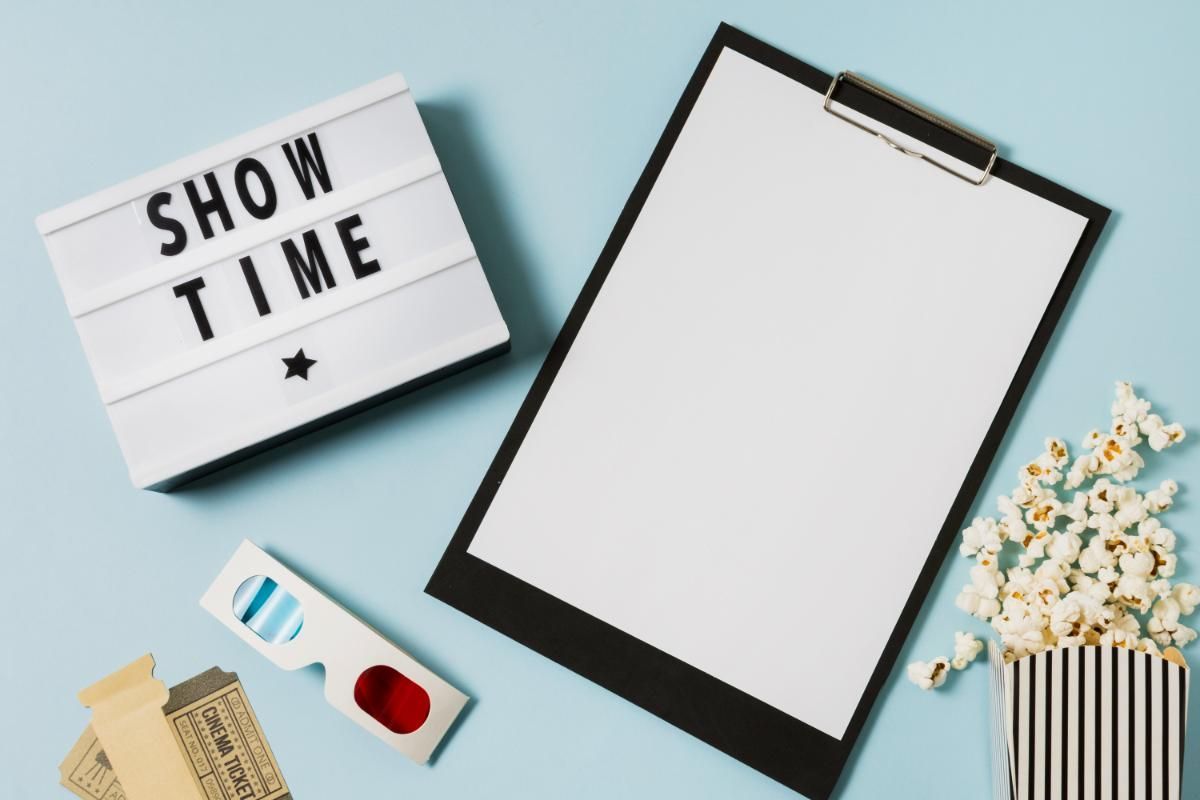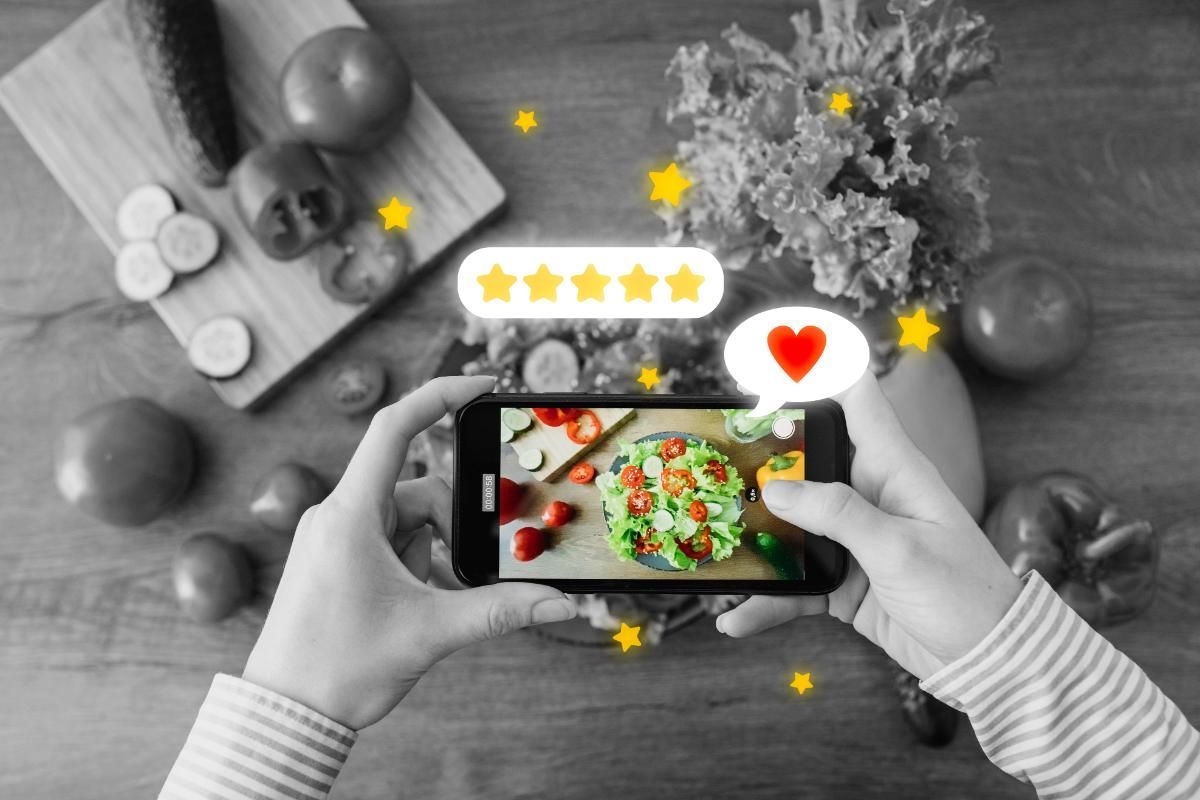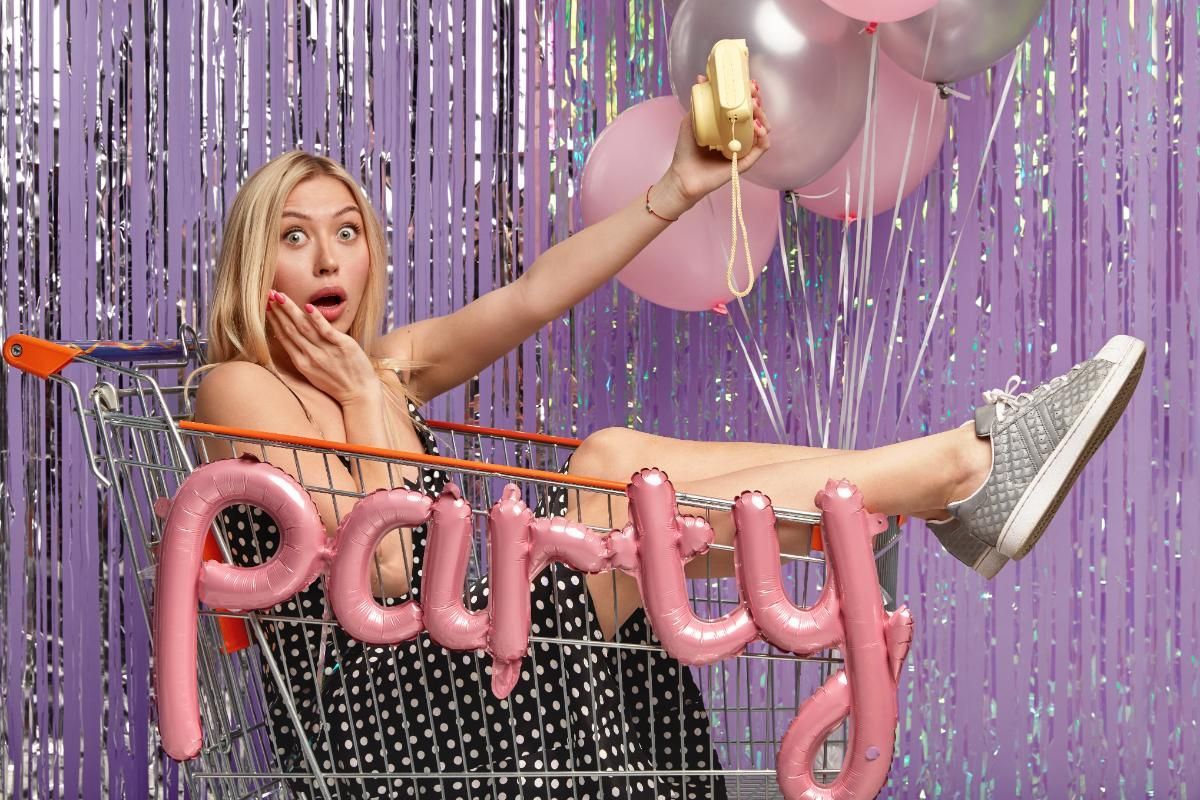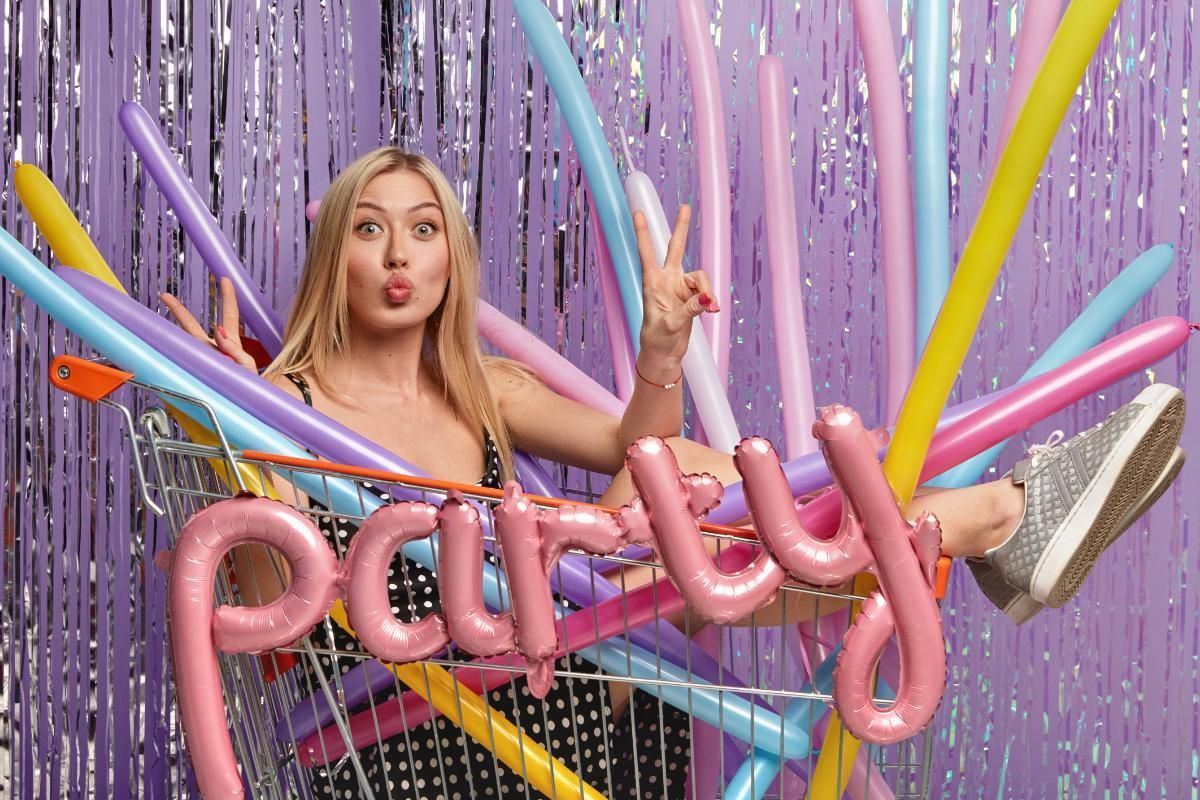Event Photography: Essential Gear, Settings & Pro Tips
Event photography is more than just capturing images—it’s about documenting the emotions, the key moments, and the atmosphere of an occasion. Whether you’re photographing a wedding, corporate event, concert, or social gathering, your photos will serve as timeless memories for your clients.
However, as a beginner, the wide range of equipment, camera settings, and techniques can be overwhelming. In this comprehensive guide, we’ll break down everything you need to know about event photography, from the essential gear to mastering your camera settings and delivering stunning results.
What is Event Photography?
Event photography is a dynamic genre that involves capturing significant moments during various events such as weddings, parties, festivals, and corporate gatherings. The essence of event photography is to blend technical skill with creativity to document key moments in a way that tells a story. It requires you to be adaptable, prepared for quick changes in lighting, and able to move fast to capture candid moments in ever-changing environments.
Whether you're shooting an intimate wedding ceremony, a high-energy corporate gala, or a live performance, understanding the right gear, settings, and techniques is crucial to producing professional-quality images that resonate with your audience.
Essential Equipment for Event Photography
To excel at event photography, having the right equipment is essential. Let’s break down the key pieces of gear that will help you deliver stunning images.
Cameras for Event Photography
Your camera is the heart of your event photography toolkit. As a beginner, you have two main options: DSLR and mirrorless cameras. Both offer excellent image quality, but they have distinct advantages.
- DSLR Cameras: These are reliable, offer excellent image quality, and have a long battery life. Popular options for event photographers include:
- Nikon D750: Known for its low-light performance and great autofocus system.
- Canon EOS 5D Mark IV: A full-frame DSLR with fantastic image quality, perfect for weddings and corporate events.
- Mirrorless Cameras: Lightweight, fast autofocus and superior low-light performance make mirrorless cameras a great choice for event photographers.
- Canon EOS R6: Offers impressive autofocus, high frame rates, and excellent image stabilization, making it perfect for dynamic event environments.
- Sony A7 III: One of the best all-around mirrorless cameras, offering exceptional low-light performance and fast burst shooting.
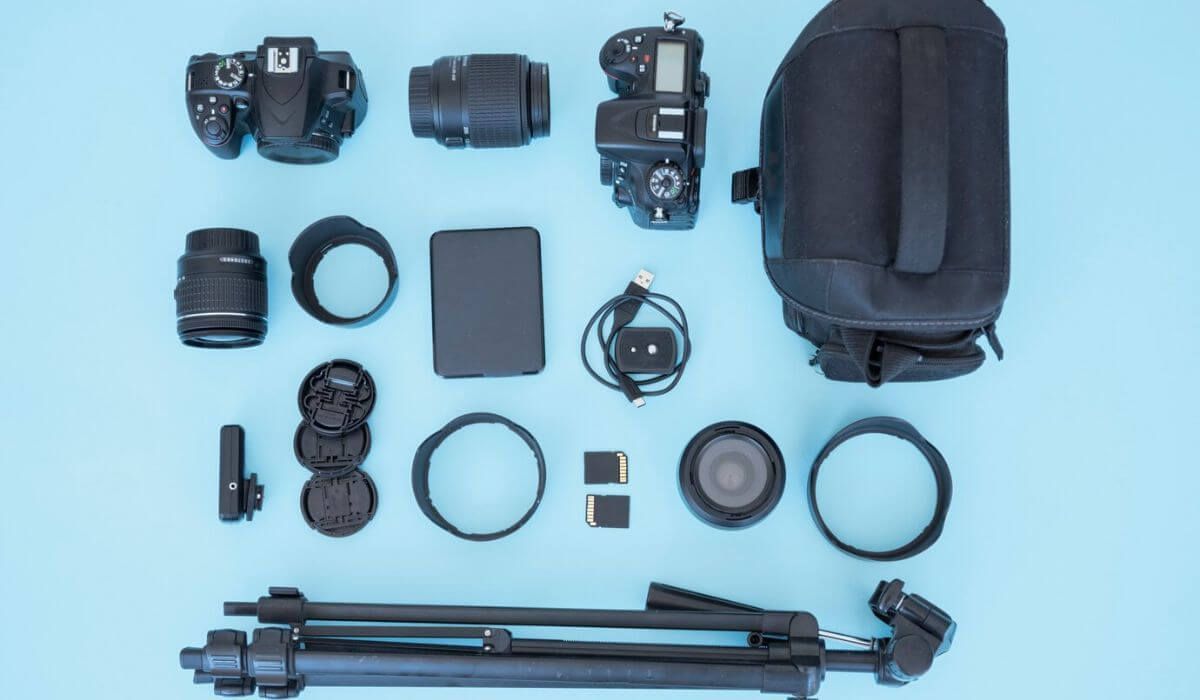
Best Lenses for Event Photography
The right lens helps capture a variety of shots, from candid moments to group portraits. Here’s a breakdown of the best lenses for event photography:
- Prime Lenses (50mm, 85mm): These lenses are perfect for portraits, offering beautiful background blur (bokeh) and performing well in low-light situations.
- 50mm f/1.8: Great for tight portraits and intimate moments.
- 85mm f/1.8: Ideal for flattering portraits, especially during weddings or corporate events.
- Zoom Lenses (24-70mm, 70-200mm): These versatile lenses allow you to cover a wide range of shots without changing lenses.
- 24-70mm f/2.8: Excellent for versatility, from wide shots to close-up portraits.
- 70-200mm f/2.8: Great for capturing candid moments from a distance, such as during ceremonies or live events.
- Wide-Angle Lenses (16-35mm): Useful for group shots and large event spaces, offering an expansive view that captures the full scene.
Lighting Equipment for Events
Lighting is a crucial element in event photography. While natural light is preferred, you’ll often need to augment it with artificial lighting, especially in low-light environments.
- On-Camera Flash: A compact and versatile tool, great for quick adjustments. However, be mindful of harsh shadows and overexposure.
- Off-Camera Flash: Provides more control over lighting and helps you avoid the harsh shadows often created by on-camera flash.
- Softboxes and Diffusers: These help soften the light and produce more flattering results, particularly when capturing portraits during events.
Tripods and Stabilization Tools
Stabilization is key to avoiding blurry images, especially in low-light conditions or during long-exposure shots.
- Tripods: Essential for steady shots in low-light conditions, such as during wedding receptions or indoor corporate events.
- Monopods: A more portable option that allows for easier mobility while still providing stability.
- Gimbals: If you’re recording video at an event, a gimbal will ensure smooth, shake-free footage.
Memory Cards and Storage Solutions
Event photographers capture hundreds, if not thousands, of photos, so reliable storage is vital.
- Fast Memory Cards (UHS-II or CFexpress): Ensure smooth data transfer and reduce buffering time, especially during high-speed bursts.
- External Hard Drives or Cloud Storage: Always back up your images immediately to avoid data loss. Consider using cloud storage for quick access and remote backup.
Additional Accessories for Event Photography
Some additional accessories can make your life much easier during an event shoot:
- Extra Batteries: Events can last hours, so having extra batteries is crucial to ensure you don’t run out of power mid-shoot.
- Camera Straps and Bags: Keep your gear organized and easily accessible.
- Reflectors: Perfect for controlling natural light and filling in shadows during outdoor shoots.
Basic Photography Skills for Event Shoots
Having the right gear is only part of the equation. Mastering essential photography skills will help you capture perfect moments in any environment.
Mastering Camera Settings
To get the best results, it's important to understand your camera settings:
- Aperture: Use a wide aperture (f/1.8 - f/2.8) for portraits and low-light shots. This allows more light into the camera and creates a pleasing blur of the background.
- Shutter Speed: For action shots, ensure your shutter speed is fast (1/200s or faster) to avoid motion blur. For low-light situations, a slower shutter speed may be necessary, but a tripod is essential.
- ISO: Adjust ISO based on the lighting conditions. Keep it as low as possible to avoid noise, but feel free to raise it in dim settings.
Composition and Framing Techniques
Good composition is essential for stunning event photos:
- Rule of Thirds: Position your subjects off-center to create a more balanced and engaging photo.
- Leading Lines: Use elements of the environment (like tables, walkways, or architecture) to guide the viewer’s eye.
- Candid Shots: Don’t just focus on posed moments—candid shots often capture the raw emotion and energy of an event.
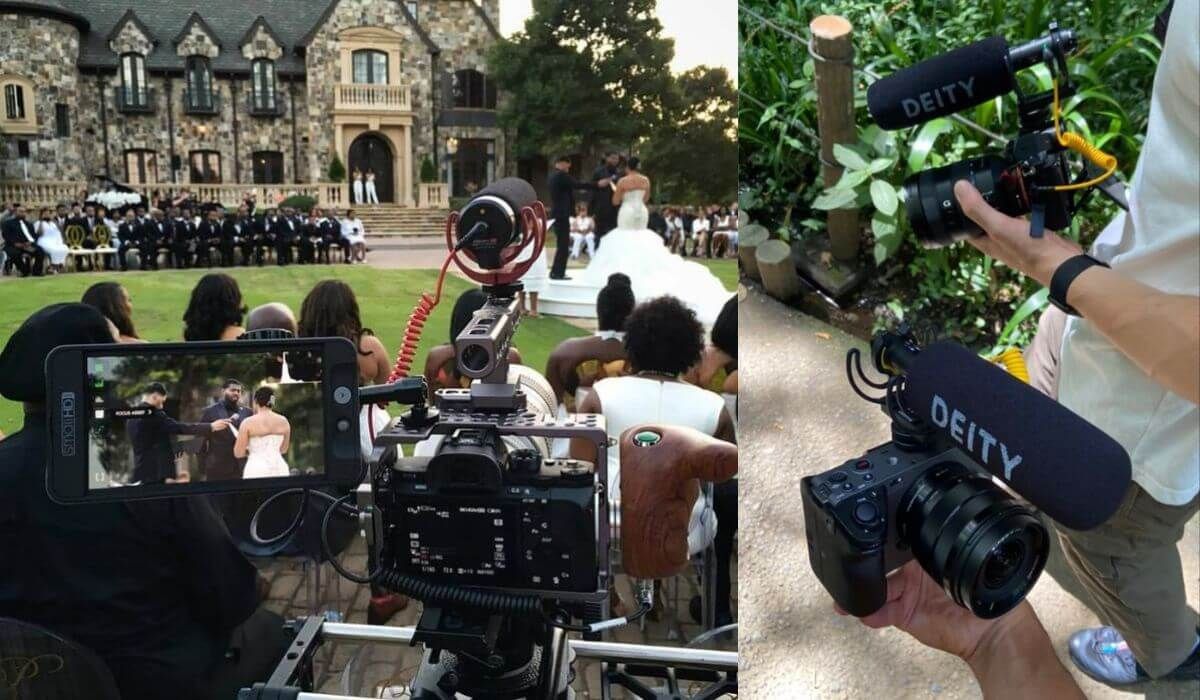
Working with Different Lighting Conditions
Lighting will constantly change during an event. Here’s how to handle different scenarios:
- Indoor Events: Use your flash to illuminate subjects, and adjust your white balance for accurate color.
- Outdoor Events: Utilize natural light, but bring reflectors to help manage shadows and highlight your subjects.
- Low-Light Events: Increase ISO or use a fast lens (f/2.8 or lower) to maintain clarity without introducing too much noise.
Tips for a Successful Event Photography Session
Preparing for the Event
Preparation is key to a smooth event shoot. Here are a few tips to get you ready:
- Create a Shot List: Have a list of important moments to capture (e.g., the first dance at a wedding, key speeches, or group photos).
- Communicate with the Client: Understand your client’s expectations—do they want candid shots or posed photos? This will help guide your approach.
- Scout the Location: Arrive early to familiarize yourself with the venue, lighting conditions, and potential shooting angles.
Capturing Key Moments
- Be Discreet: Blend into the event. Your best shots often come when you’re not in the spotlight.
- Anticipate Action: Events are full of fast-moving moments—stay alert to capture spontaneous reactions, laughter, and interactions.
- Take Multiple Shots: Always take more than one shot of key moments to ensure you capture the best possible frame.
Post-Processing and Editing
Editing is where your photos come to life. Here are some quick editing tips:
- Use Adobe Lightroom or Photoshop: These programs allow you to adjust exposure, color balance, and sharpness for a polished finish.
- Batch Editing: Save time by using presets for common adjustments like white balance or exposure.
- Deliver Photos Efficiently: Organize your images by category (getting ready, ceremony, reception) and deliver high-resolution files promptly.
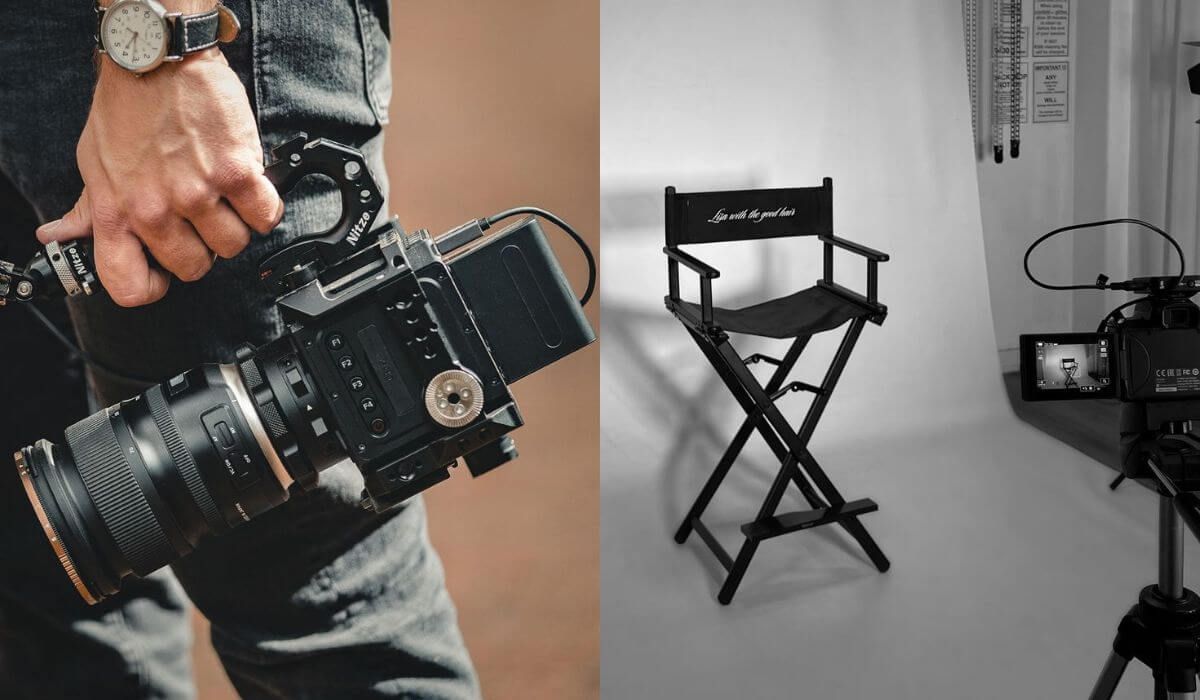
FAQs
What is the best camera for event photography as a beginner?
A mirrorless or DSLR camera with good low-light performance, such as the Canon EOS R6 or Sony A7 III, is perfect for beginners.
Do I need a flash for event photography?
Yes, especially for indoor or nighttime events where lighting may be limited. A flash can help illuminate subjects and reduce shadows.
How do I handle low-light situations without ruining image quality?
Use a wide-aperture lens, raise your ISO while minimizing noise, and use an external flash or reflector to help light your subjects.
What are the best settings for indoor event photography?
Aperture around f/2.8, shutter speed at least 1/200s, and ISO adjusted to suit the lighting conditions.
How many memory cards should I bring to an event?
At least two high-capacity, fast memory cards. Events can generate a lot of data, so always have a backup.
What’s the best way to edit event photos quickly?
Use Lightroom’s presets and batch editing features to save time. Adjust exposure and color consistency for a cohesive look.
